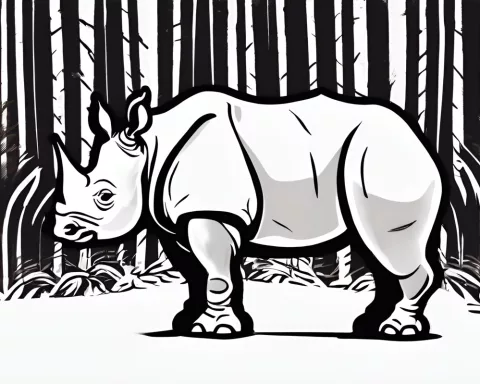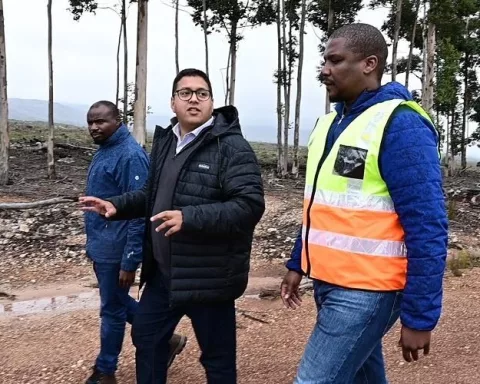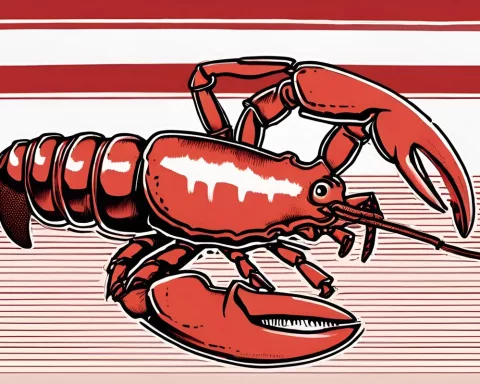South Africa’s National Student Financial Aid Scheme (NSFAS) has opened applications for funding for the academic year 2024, providing hope for students facing social and economic challenges. The application window will run until the end of January 2024, and NSFAS has introduced a mobile app to simplify the process. The scheme supports 1.6 million students, and the government aims to streamline the funding process and improve the query handling process to enhance students’ experience.
South Africa Opens Applications for 2024 Academic Year Financial Aid
NSFAS has opened applications for funding for the academic year of 2024 for students grappling with social and economic setbacks. NSFAS supports 1.6 million students, and the application window will last until the end of January 2024, allowing decision-making to be expedited. NSFAS has launched a mobile app and are strategizing to improve its query handling process.
2024 Financial Aid Applications Commence
As the academic year of 2024 approaches in South Africa, Minister Blade Nzimande, along with the National Student Financial Aid Scheme (NSFAS), have declared the commencement of funding applications for the upcoming year. This eagerly awaited announcement stands as a beacon of hope, especially for students grappling with social and economic setbacks.
For nearly 30 years, NSFAS has played a crucial part in addressing the persistent societal inequality surrounding access to and benefits from post-school education and vocational training in South Africa. This program epitomizes the government’s dedication to rectifying past educational disparities and facilitating access to post-school education. Since its launch in 1991, NSFAS has tremendously increased its funding from a humble R21.4 million to an impressive R48 billion, enabling countless children from low-income families to pursue their higher education at public universities and TVET colleges.
The government’s pledge to enhance access to education is further demonstrated by incorporating all public universities and TVET colleges into the NSFAS student-focused model. This method allows students to apply for funding directly to NSFAS. Currently, NSFAS supports 1.6 million students, highlighting the scheme’s significance and relevance in South Africa’s educational realm.
Streamlined Funding Application Process
Over the years, the funding application process has been refined to expedite decision-making on funding, with 2024 expected to continue this smooth operation. To ensure a smooth transition into the new academic year, NSFAS has pledged to conclude all appeals and outstanding allowances for the 2023 academic year before its closure.
It’s worth mentioning that the projected funding policy for 2024 is almost complete and will be rolled out by the end of November. This allows stakeholders ample time to gear up for the approaching academic year. The policy will outline the eligibility criteria and student allowances. Going forward, the minister envisions a biennial policy review, promoting stability and necessitating updates only when needed or when significant changes occur.
The launch of the 2024 application season is a crucial stage, and this year’s application window will last until 31st January 2024. This schedule is based on the need to synchronize with SARS’ tax completion period, which provides NSFAS with vital, updated data for the application season. This timeline is designed to expedite decision-making, aligned with NSFAS’s financial eligibility assessment requirements.
Enhanced Application and Query Handling Mechanisms
Minister Nzimande encourages all prospective students planning to study at any of the public universities or TVET colleges to apply early and avoid last-minute submissions. Prospective learners awaiting their matric results can apply for NSFAS funding without waiting for their results. The application process is simpler, requiring no supporting documents at the time of application due to improved relations with third-party entities. These include SASSA, SARS, and the Department of Home Affairs, ready to provide NSFAS with applicant verification information.
NSFAS consistently seeks to innovate and enhance its student services. The scheme has launched a mobile app, allowing students to effortlessly apply for NSFAS funding. This technological advancement signifies NSFAS’s commitment to modernizing its services and ensuring convenience and accessibility for students.
Moreover, NSFAS is strategizing to improve its query handling process. This includes added services on the WhatsApp platform, the introduction of USSD, and other solutions such as chatbots. These innovations aim to provide students with direct responses, reducing the dependence on phone calls and fostering a self-service approach.
In summary, it’s clear that NSFAS, backed by the government and other partners, remains a vital component in transforming South Africa’s educational landscape. This transformation plays a key role in dismantling historical obstacles and building a more equal and inclusive society. Minister Nzimande’s address is a stark reminder that despite ongoing challenges, the collective efforts of NSFAS, governmental bodies, educational institutions, and students are pivotal in shaping a brighter future for South Africa.
1. When are the applications for the 2024 academic year financial aid in South Africa open?
The applications for the 2024 academic year financial aid in South Africa are open now and will continue until the end of January 2024.
2. What is the National Student Financial Aid Scheme (NSFAS)?
The National Student Financial Aid Scheme (NSFAS) is a program initiated by the government of South Africa to address the persistent societal inequality surrounding access to post-school education and vocational training in the country.
3. How many students does the NSFAS support?
Currently, NSFAS supports 1.6 million students in South Africa.
4. What is the timeline for the funding policy for 2024?
The funding policy for 2024 is almost complete and will be rolled out by the end of November.
5. What are the enhancements made to the application and query handling mechanisms for NSFAS?
NSFAS has launched a mobile app to make the application process more convenient and accessible for students. Additionally, it is strategizing to improve its query handling process by adding services on the WhatsApp platform, introducing USSD and chatbots, and promoting a self-service approach.
6. Can prospective learners apply for NSFAS funding without waiting for their matric results?
Yes, prospective learners awaiting their matric results can apply for NSFAS funding without waiting for their results. The application process is simpler and requires no supporting documents at the time of application due to improved relations with third-party entities.












